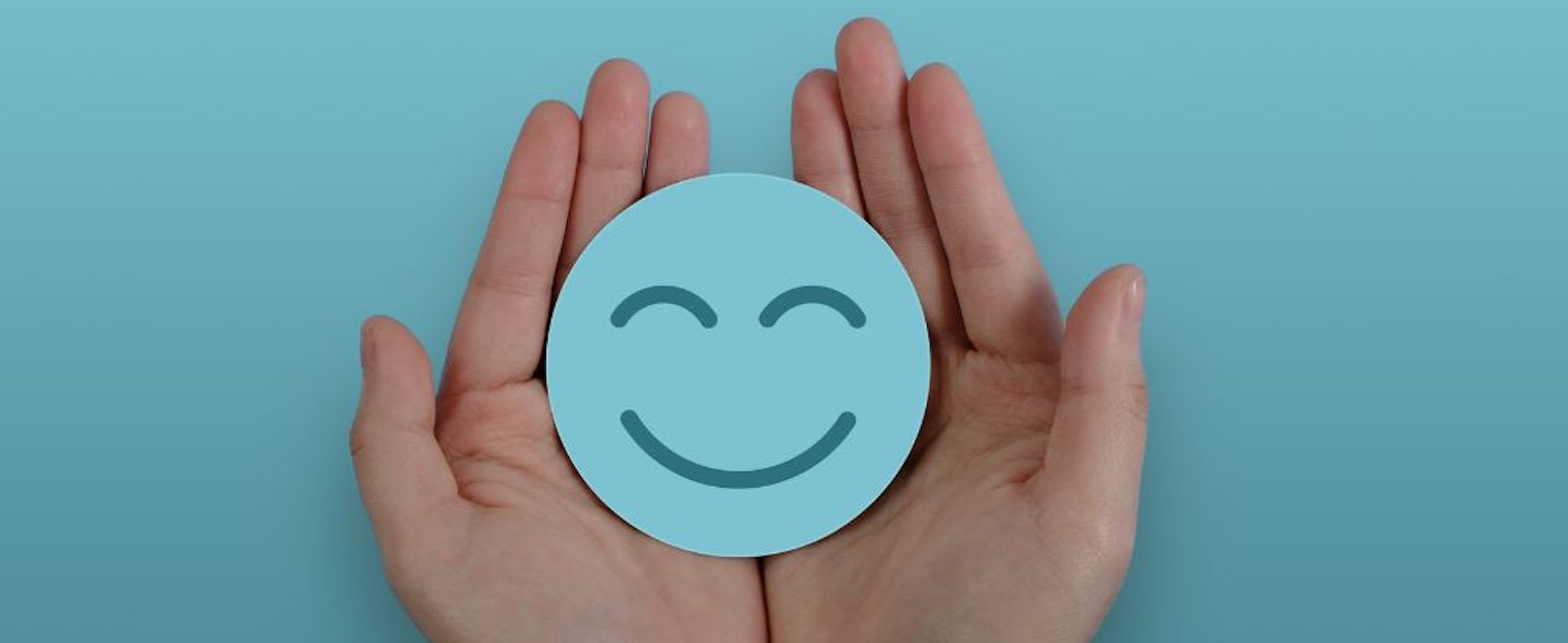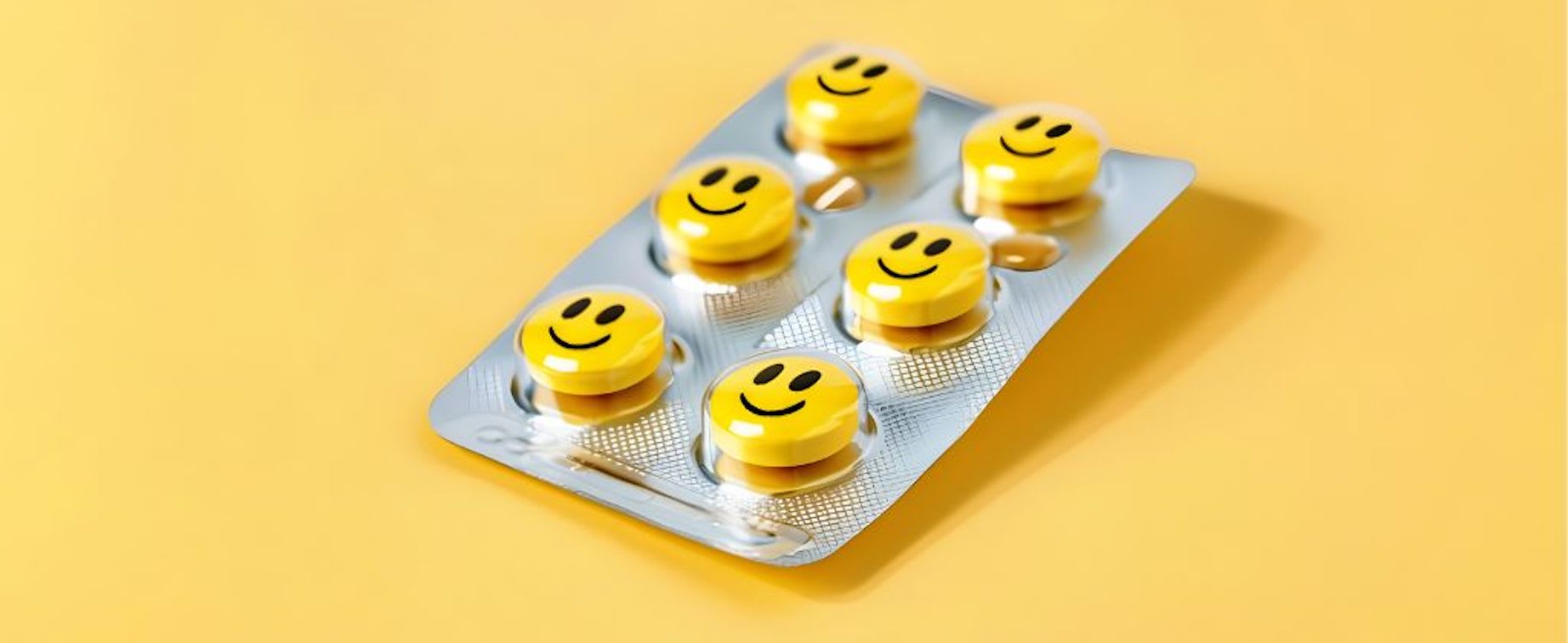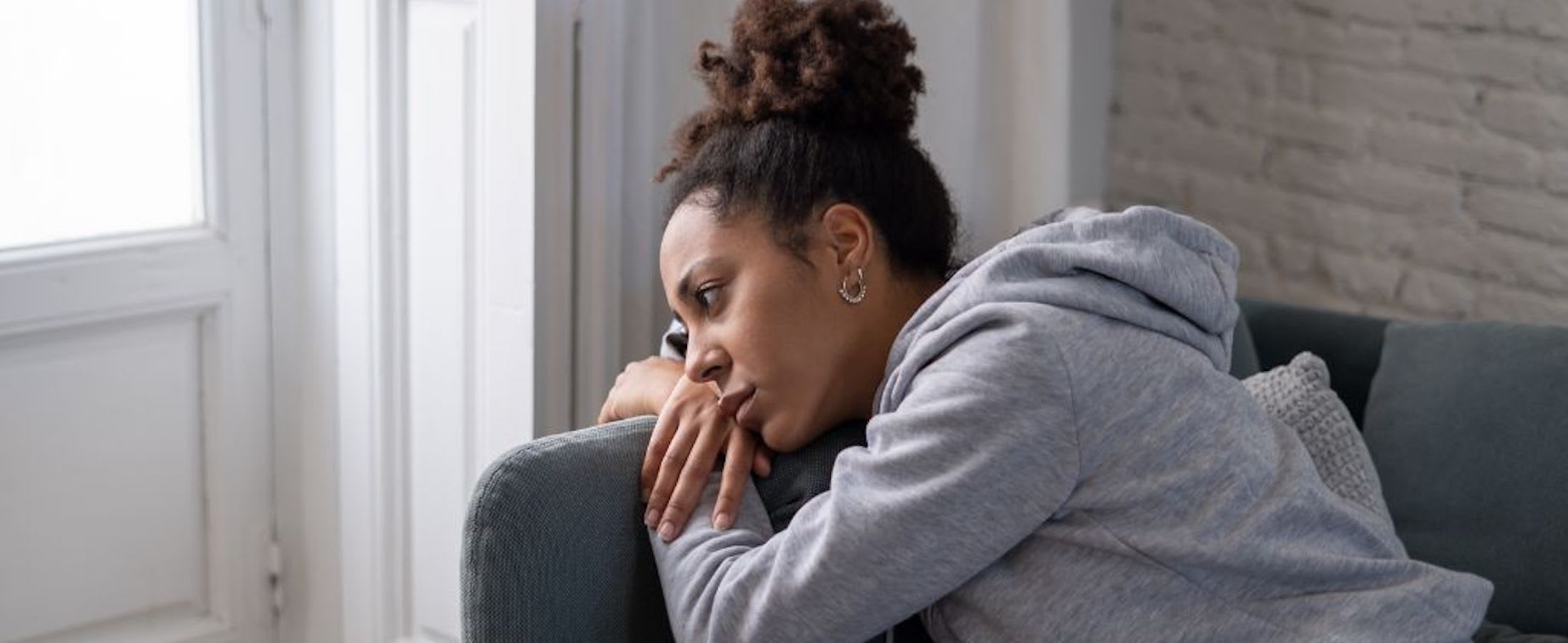Depression and anxiety can take a toll on every part of life, from your ability to get out of bed in the morning to how you connect with people, focus on work, or even just make decisions. It’s not always dramatic or obvious. Sometimes it’s just a steady feeling of being overwhelmed, worn out, or stuck in a loop of negative thinking. And while there’s no one-size-fits-all solution, there are a lot of depression coping strategies and anxiety self-care tips that can help you create a well-rounded mental health lifestyle.
Medication and therapy are often part of the treatment plan, and they're important. But your daily habits, like how you sleep, what you eat, and how much you move, can also play a big role in managing symptoms. This article breaks down practical depression coping skills and anxiety self-care strategies that can support a healthy mental health lifestyle.
Understanding Depression and Anxiety
Depression is more than just sadness. It can feel like a loss of motivation, low energy, or just going through the motions. 1 Anxiety often shows up as worry, overthinking, or a constant sense that something bad is about to happen. 2 Some people experience both, and the overlap is common.
That said, both conditions can respond well to a mix of medical treatment and everyday support systems. SSRIs (selective serotonin reuptake inhibitors) are commonly prescribed medications that can help regulate mood and reduce the intensity of symptoms. They don’t work overnight, but when taken consistently, they can make a difference over time. 3
But medication is just one piece of the puzzle. Building depression coping strategies and consistent anxiety self-care habits can help improve how you feel day-to-day and make it easier to create a mental health lifestyle that works for you.
Sleep and Mental Health
If you’re dealing with depression or anxiety, chances are your sleep isn’t great. You might have trouble falling asleep, staying asleep, or feel tired no matter how much you rest. That’s because poor sleep and mental health feed off each other in a frustrating loop. 1 2
One of the simplest depression coping strategy and anxiety self-care tip is to create a regular sleep routine. Go to bed and wake up at the same time every day, even on weekends. Your body likes rhythm, and keeping a consistent schedule can help regulate your mood and energy levels.
Also, cut back on caffeine after lunch, avoid doom-scrolling before bed, and keep your bedroom cool and dark. These may sound like small changes, but they’re the building blocks of a stronger mental health lifestyle.
Physical Activity

You don’t need to join a gym or run every morning, but some kind of regular movement can help manage symptoms of both conditions. Exercise has been shown to reduce stress and increase the benefits of therapy. That makes it a useful part of any depression coping strategy or anxiety self-care plan. 2
Start small: a 10-minute walk, some stretches, or even light cleaning around the house. The goal isn’t to be perfect, just consistent. Over time, this becomes part of your overall mental health lifestyle.
Diet
What you eat doesn’t cure depression or anxiety, but it can support a positive mental health lifestyle.
Skipping meals or overloading on sugar and caffeine can throw your mood off balance. So, part of anxiety and depression coping strategies should include eating regularly and staying hydrated. Start simple. Focus on real foods when you can, such as whole grains, protein, fruits, vegetables, and healthy fats.
Mindfulness and Relaxation Techniques
Simple techniques like deep breathing, short meditations, or just sitting quietly for a few minutes can be useful tools in a holistic mental health lifestyle. Mindfulness helps people slow down and focus on what’s actually happening, instead of what might happen or what went wrong earlier.
Practicing these techniques regularly and not just during a stressful moment can make them more effective when you need them. Over time, they become reliable depression coping skills and anxiety self-care tools that will fit naturally into a mental health lifestyle.
Therapy

Therapy isn’t only for when things feel out of control. It can help you build skills to manage stress, improve relationships, and work through unhelpful thought patterns. For anxiety and depression, cognitive-behavioral therapy (CBT) is especially effective. 2
Even a few sessions can offer useful tools. Some people also benefit from online therapy options, support groups, or self-guided programs. These can all support your mental health lifestyle in ways that are flexible and practical.
Create Healthy Habits
Living with anxiety or depression doesn’t mean you have to overhaul your entire life. But building in small routines can help create a balanced mental health lifestyle. Some helpful habits include:
- Going outside during the day
- Staying in touch with a friend or family member
- Limiting alcohol or caffeine
- Taking breaks during the day to reset
These small actions add up. You might not notice the impact immediately, but they help create a more stable mental health lifestyle over time.
Stay Connected to Others
Social support is an important part of both depression coping strategies and anxiety self-care. That doesn’t always mean talking about your feelings. Sometimes just spending time with people, even in casual ways, helps reduce isolation and break up negative thought patterns. If you feel yourself pulling away when you feel down, try to incorporate one or two regular check-ins into your mental health lifestyle plan.
If you're not ready to open up to someone in your life, consider professional support. Therapy can help you work through underlying patterns, build new coping skills, and stay on track with goals like sleep, medication, or self-care.
Be Realistic About Progress
Some days will feel easier than others. That's normal. Managing depression and anxiety often takes time and adjustment, so it's okay if your mental health lifestyle strategy needs to be tweaked or updated. You might try a new routine, change medications, or need to revisit strategies you've used in the past.
One of the more practical anxiety and depression coping strategies is setting low-pressure goals. Getting out of bed, eating something, or finishing a small task all count. These actions are part of moving forward, even if progress feels slow.
Medication and SSRI Treatment
Starting a conversation with your doctor about depression or anxiety can feel awkward, especially if you’re not sure what to expect. But you don’t need to have all the answers or use perfect language. Your doctor is there to help, not to judge. A good place to start is by describing what you’ve been feeling and how it’s affecting your daily life: things like changes in sleep, energy, mood, appetite, or focus.
You don’t need to label it. Just saying something like “I haven’t been feeling like myself” or “I’ve been really anxious and it’s getting harder to manage” is enough to begin the discussion. This is also a good time to bring up any specific concerns or questions, like whether your symptoms might be related to stress, hormones, a medical condition, or medication side effects.
If your doctor thinks medication might help, they’ll likely talk to you about SSRIs, which are often the first choice for treating both depression and anxiety. SSRIs work by regulating serotonin, a chemical in the brain that plays a role in mood and anxiety. 3
You can ask your doctor questions like:
- “How long will it take for the medication to work?”
- “What side effects should I look out for?”
- “What happens if I miss a dose?”
- “Are there lifestyle changes I should make while on this medication?”
You can also let them know if you’re nervous about starting medication or if you’ve tried one in the past. Not every SSRI works the same way for every person. If one doesn’t help or causes side effects, your doctor may adjust the dose or try a different one. This process is common, and it’s okay to take some time to find the right fit.
Being open and honest about your symptoms, your preferences, and your concerns helps your doctor support you more effectively. It also puts you in a better position to build a treatment plan that works for your life.
If you’re starting medication, stick with it unless your doctor says otherwise. Following instructions closely is one of the most important anxiety and depression coping strategies.
Conclusion
Living with depression or anxiety isn’t easy, but it’s manageable. Medication like SSRIs can make a real difference, especially when paired with solid self-care habits. By focusing on sleep, exercise, food, and mindfulness, you’re building a mental health lifestyle that supports your recovery in the long run. Learning new depression coping strategies and anxiety self-care tools can make symptoms easier to manage. Over time, these efforts become part of your overall mental health lifestyle.
You’re allowed to have bad days, but you’re also allowed to ask for help, take breaks, and create a life that doesn’t revolve around your symptoms. With time, support, and the right tools, it gets easier to find your footing.
The content in this article is intended for informational purposes only. This website does not provide medical advice. In all circumstances, you should always seek the advice of your physician and/or other qualified health professionals(s) for drug, medical conditions, or treatment advice. The content provided on this website is not a substitute for professional medical advice, diagnosis, or treatment.






